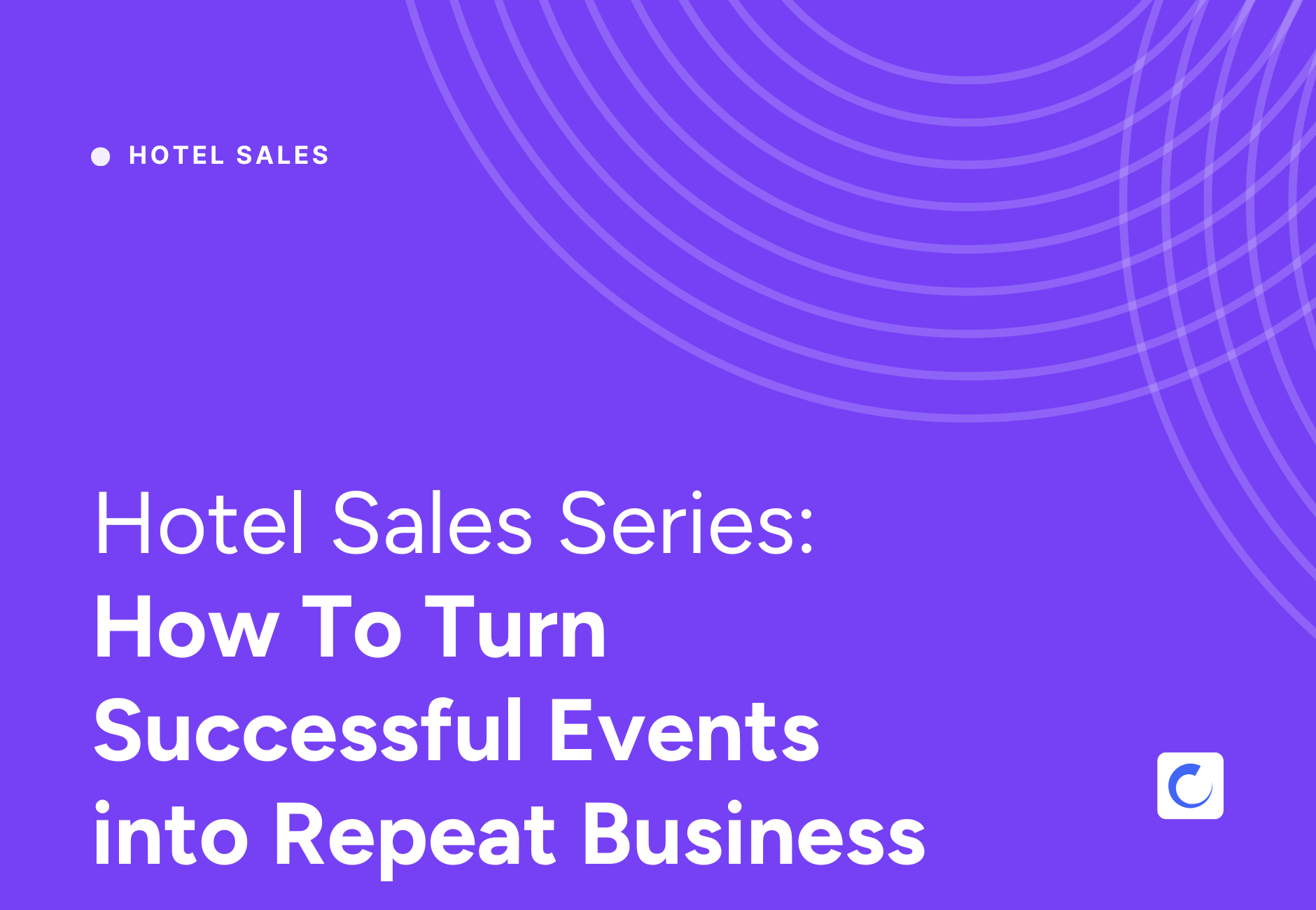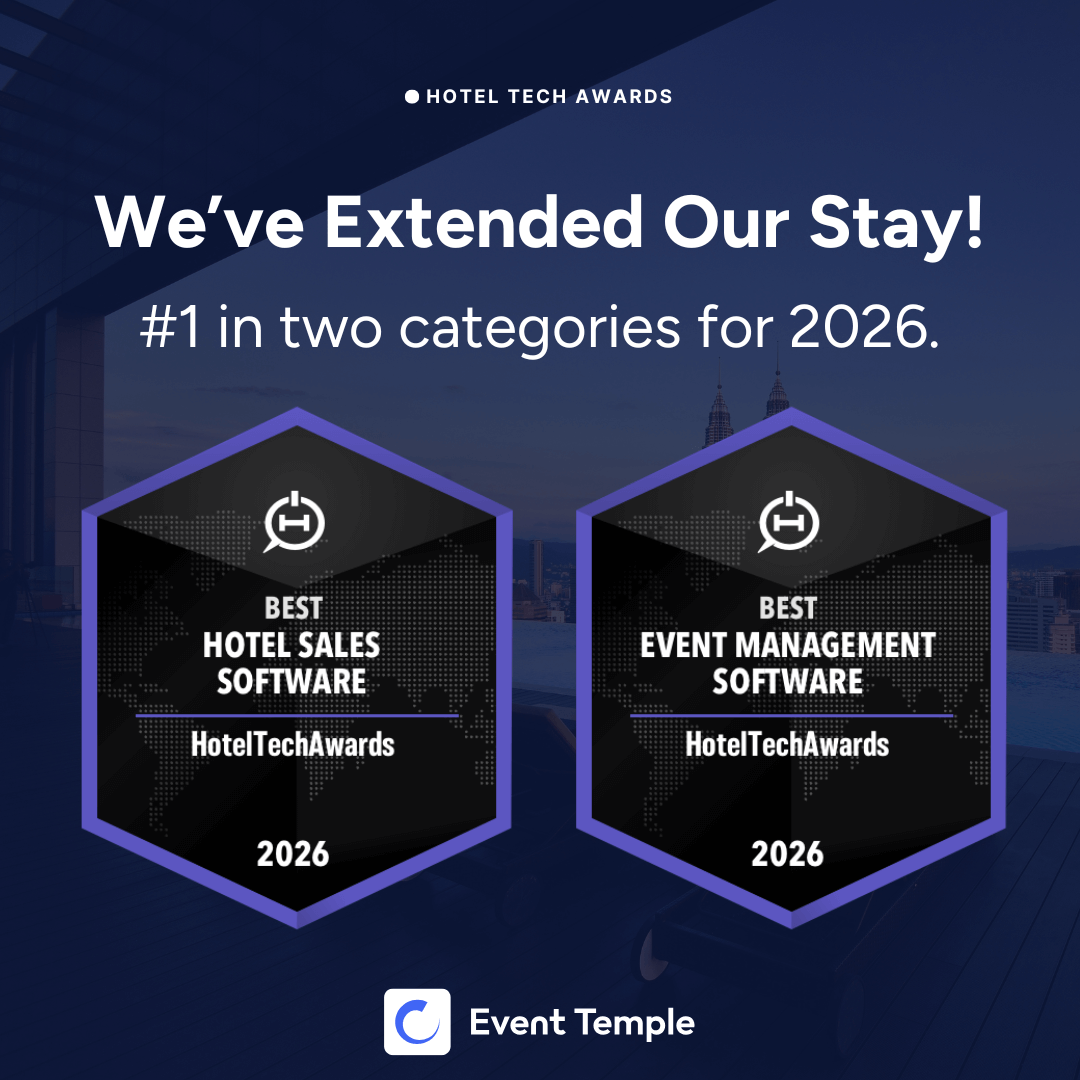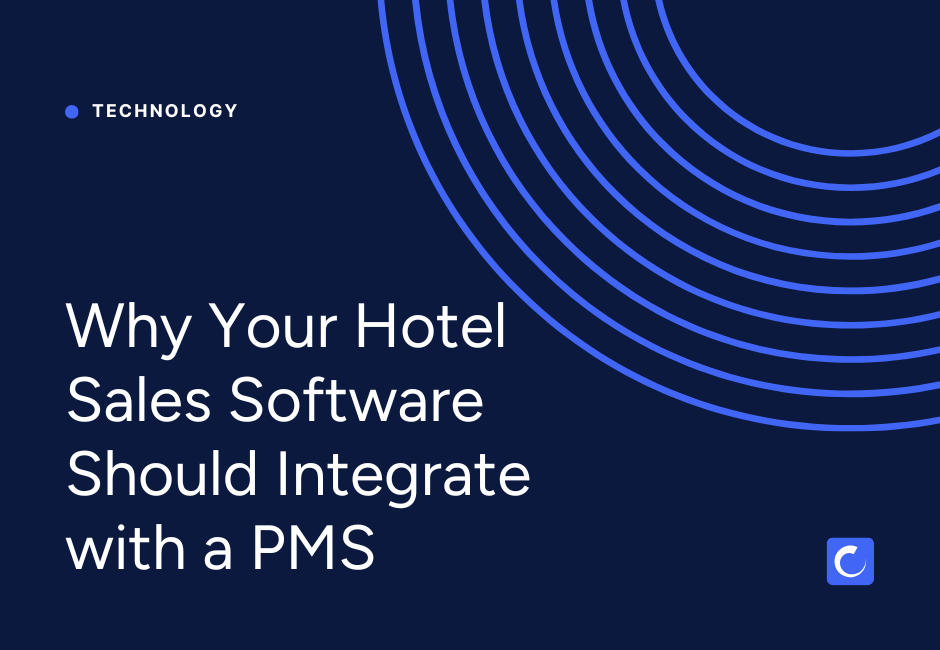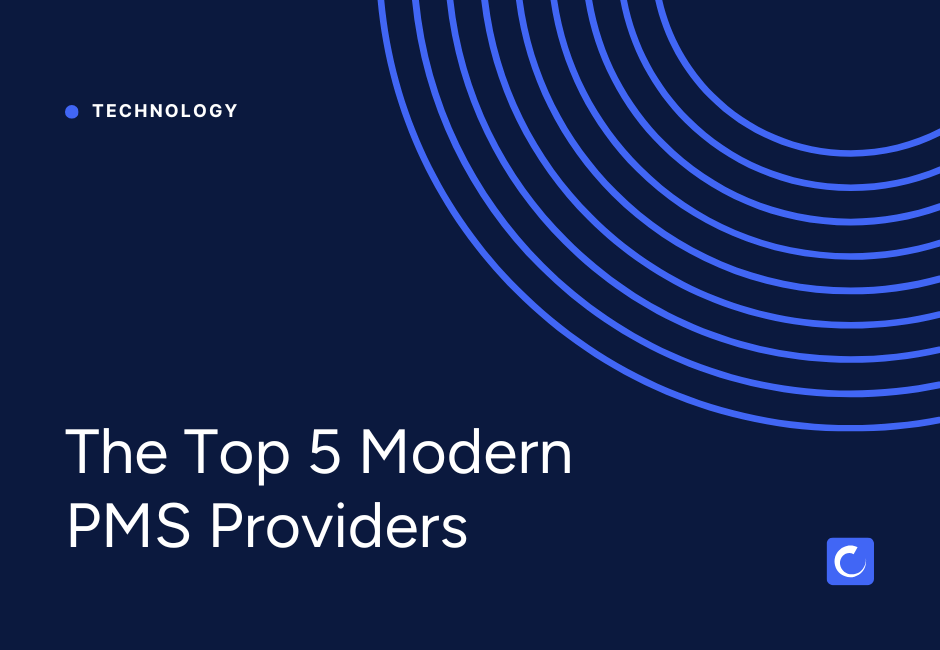
This is the seventh in our series on How to Improve Your Hotel’s Sales. To be the first to get Part 8 sign up here
You've just wrapped up another successful corporate conference at your hotel. The feedback was stellar, the ballroom looked magnificent, and your catering team outdid themselves. But as the last attendee checks out, you're left with a critical question: How do you transform this one-time success into a steady stream of future bookings?
The truth is, your work has only just begun. The period immediately following a successful event represents your highest-probability opportunity for securing future business. Yet many hotels squander this golden moment with generic thank-you emails or, worse, no follow-up at all.
With group sales in the hotel industry projected to reach $190 billion by 2024, mastering the art of post-event engagement isn't just nice to have—it's essential for your property's revenue growth. In this guide, we'll show you exactly how to turn today's successful events into tomorrow's repeat bookings and a steady flow of high-quality referrals.
Strike While the Iron Is Hot: The 72-Hour Rule
Timing is everything in post-event follow-up. For every day you don't follow-up after an event, you'll see about a 20% drop off in engagement. That's why the most successful hotel sales teams operate on what we call the 72-hour rule.
Within three days of event conclusion, you should:
- Schedule a debrief call while memories remain fresh
- Gather specific feedback about what worked and what could be improved
- Share success metrics that demonstrate value—perhaps their attendance exceeded projections or session ratings improved from previous years
- Begin exploring future opportunities before they start considering other venues
This isn't the time for a templated email blast. Pick up the phone. Make it personal. Show them you're invested in their continued success, not just their next booking.
Identify Your Goldmine: Repeat Business vs. Referral Opportunities
Not all events are created equal when it comes to future revenue potential. Smart hoteliers know how to quickly identify which clients to pursue for repeat bookings versus those prime for referral requests.
Prime Candidates for Repeat Business:
- Quarterly board meetings and recurring corporate gatherings
- Annual conferences and trade shows
- Training seminars and team-building retreats
- Regional sales meetings that rotate locations
Ideal Sources for Referrals:
- One-time celebrations like weddings or milestone anniversaries
- Graduation ceremonies and reunion events
- Product launches or special announcements
- Award ceremonies and gala dinners
Understanding this distinction helps you tailor your follow-up approach. For the quarterly board meeting organizer, focus on rebooking for next quarter with added perks. For the wedding planner who just executed a flawless reception? That's your cue to activate your referral program.
The Science of Asking: Making Referral Requests Irresistible
The moment when your customers are most willing to refer you is after a positive interaction with your customer support staff. For hotels, this peak moment occurs immediately after a successful event when satisfaction is highest and memories are most vivid.
Here's how to make your ask count:
1. Make It Ridiculously Easy
Remove every possible friction point from your referral process. If event planners need to fill out lengthy forms or remember complicated referral codes, you've already lost them. Instead:
- Provide pre-written email templates they can customize
- Create sharable social media posts with your venue tagged
- Offer a simple referral link that automatically tracks their submissions
2. Create a Two-Way Value Exchange
Generally speaking, rewarding both the referrer and referred guest will boost success rates and enhance participation. Consider these proven incentive structures:
For Corporate Event Planners:
- 10% credit toward their next event for each successful referral
- Complimentary room upgrades for their VIP attendees
- Priority booking status during peak seasons
- Exclusive access to newly renovated spaces before public launch
For Social Event Organizers:
- Cash rewards or gift cards to local restaurants
- Donated funds to their charity of choice
- "Friends and Family" rates for personal stays
- VIP treatment at hotel restaurants and amenities
3. Layer in Urgency Without Being Pushy
Create gentle urgency by offering limited-time bonuses for referrals made within 30 days of their event. Frame it as a "thank you for your recent partnership" rather than a hard sell.
Transform Satisfied Clients into Vocal Advocates
The best referrals come from clients who don't just recommend you—they enthusiastically champion your property. Here's how to cultivate these powerful advocates:
Leverage the Power of Social Proof
After securing permission, create detailed case studies showcasing successful events. Include:
- High-quality photography from the event
- Specific metrics and outcomes achieved
- Direct quotes from the event organizer
- Creative solutions your team implemented
Marriott's approach provides an excellent model, with their program reaching across 8,500+ hotels in 132+ countries, demonstrating how scale and consistency in referral programs build trust.
Implement Strategic Touchpoint Schedules
Don't let relationships go cold between bookings. Create systematic touchpoints:
- Monthly: Share industry insights relevant to their business
- Quarterly: Conduct business reviews and relationship check-ins
- Annually: Invite them to exclusive venue previews or holiday receptions
Technology That Amplifies Your Efforts
Modern hotel sales platforms make it possible to scale personalized follow-up without losing the human touch. The right technology should help you:
Automate Without Losing Authenticity
- Set up triggered emails based on event milestones
- Create personalized video messages at scale
- Track referral sources and automatically apply rewards
- Generate custom proposals using past event preferences
Measure What Matters
Monitoring your repeat guests indicates the overall guest satisfaction and service quality of your property. Track these critical metrics:
- Referral conversion rates by source
- Time between initial event and first referral
- Average lifetime value of referred clients
- Net Promoter Score trends over time
The Fortune Is in the Follow-Through
Building a referral and repeat business engine isn't about grand gestures—it's about consistent, thoughtful actions that compound over time. Here's your action plan:
Week 1 Post-Event:
- Send personalized thank-you video message
- Schedule debrief call
- Share professional event photos
- Request online reviews on key platforms
Week 2-4:
- Present post-event report with metrics
- Introduce referral program benefits
- Share relevant upcoming promotions
- Connect on LinkedIn with key stakeholders
Month 2-3:
- Send industry insights or trend reports
- Invite to exclusive hotel events
- Check in on their business needs
- Share updates on property improvements
Ongoing:
- Maintain quarterly touchpoints minimum
- Celebrate their business milestones
- Provide value beyond sales pitches
- Build genuine long-term relationships
Creating Your Competitive Edge
In an industry where corporate meetings and events account for approximately 70% of the overall meetings and events market, your ability to generate repeat business and referrals directly impacts your bottom line.
The hotels that win aren't necessarily those with the fanciest ballrooms or the most extensive catering menus. They're the ones that understand a fundamental truth: every successful event is a doorway to multiple future bookings—but only if you know how to walk through it.
Start by implementing just one strategy from this guide. Pick the one that feels most achievable for your team right now. Maybe it's establishing that 72-hour follow-up rule, or perhaps it's finally launching that referral program you've been considering.
Remember, the goal isn't perfection—it's progress. Every referral you generate, every repeat booking you secure, builds momentum toward a more predictable, profitable events business.
Your Next Steps
Don't let another successful event end without maximizing its potential. Here's what to do today:
- Audit your current follow-up process. How many days typically pass before you reach out post-event? What percentage of event organizers become repeat clients?
- Choose your referral incentive structure. Based on your property's margins and client base, what rewards make sense for both parties?
- Set up your tracking system. Whether it's a sophisticated CRM or a simple spreadsheet, you need to know where your referrals come from and their conversion rates.
- Train your team. Everyone from catering to sales should understand when and how to ask for referrals.
- Launch and iterate. Start with a pilot program for your next 10 events. Gather feedback, adjust your approach, and scale what works.
The difference between good hotels and great ones often comes down to what happens after the event ends. By mastering the art of post-event engagement, you're not just filling your calendar—you're building a sustainable competitive advantage that compounds with every successful event.
Your next quarter's bookings are hiding in this quarter's happy clients. It's time to unlock them.



